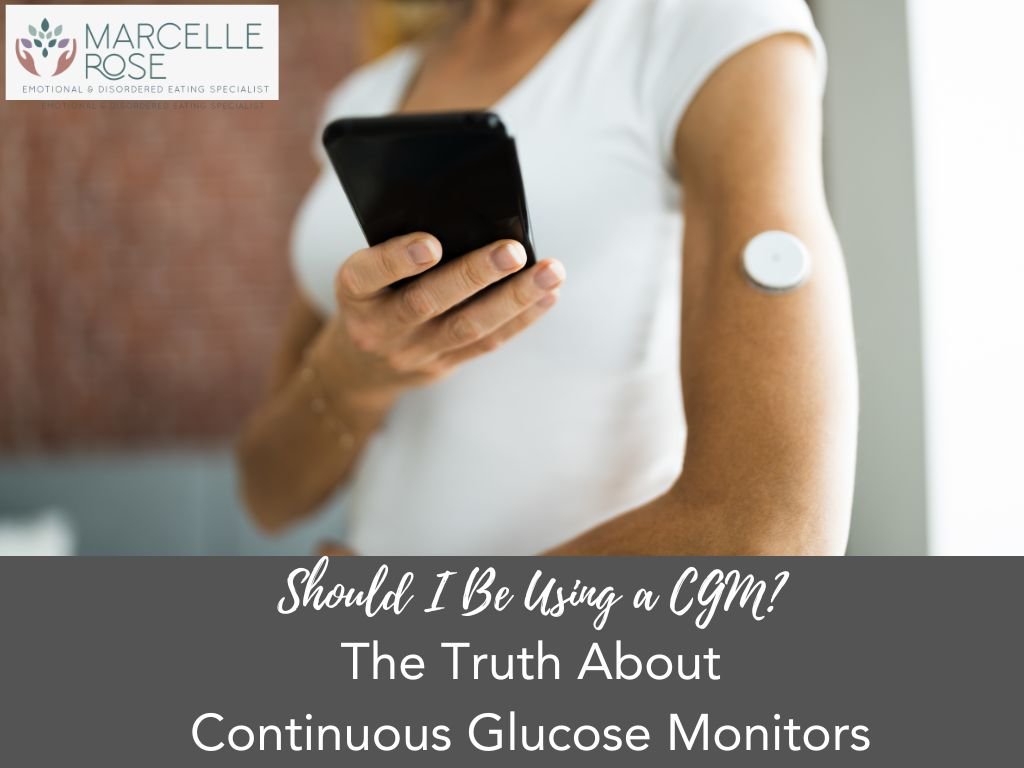For many people, food tracking is commonly associated with following a diet. Over the past century, various diets have emphasised the importance of keeping a record of meals, evolving over time to include tracking calories, points, and macros etc. Even diets claiming to be anti-diet, such as Noom and WW, still require users to log their food intake to stay within a designated calorie goal. Several of my clients who have used apps like MyFitnessPal in the past, report that this tracking of exercise and calories contributed to their unhealthy fixation on food and their body.
However, food monitoring in a healthy way can initially serve as a tool to help relearn your sense of fullness and hunger. It can allow you to identify foods and quantities that promote a feeling of satisfaction. None-the-less , it’s important to view this as a temporary tool whilst you gain confidence and trust in yourself.
Recognising which foods work well with your body can be insightful, but if you struggle with disordered eating patterns, it's advisable to avoid being overly focused on this initially. Some individuals can become excessively fixated on specific foods, causing stress around eating and potentially exacerbating any existing digestive issues.
A healthy focus would instead be on ensuring you eat enough food and working towards a balanced diet that leaves you feeling energised and satisfied. However, if journaling becomes a means to avoid food, obsess over your intake and even count calories, this will hinder your progress.
In my experience, food journaling in a healthy way can serve as a valuable tool for learning and moving forward. It can help you to observe the impact your thoughts, beliefs, and emotions have on your eating habits, alongside gaining appetite awareness whilst developing trust in yourself.
If you would like to try a healthy journaling approach, be sure to down load my FREE guide Breaking the Cycle - Your First Steps to Healing Your Relationship with Food, which explains how to get started.
This invaluable resource will also help you:
✔️Know when you’re really hungry and when you’re not
✔️Learn when to eat that’s best for you
✔️Know the best snacks to help you stop craving and feeling out of control





